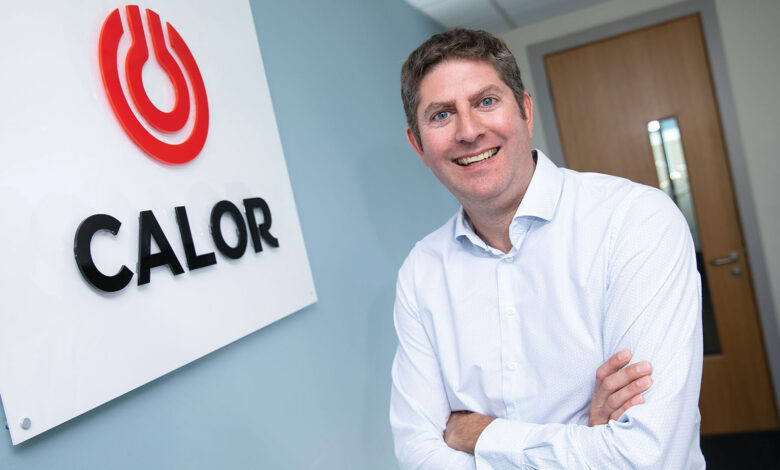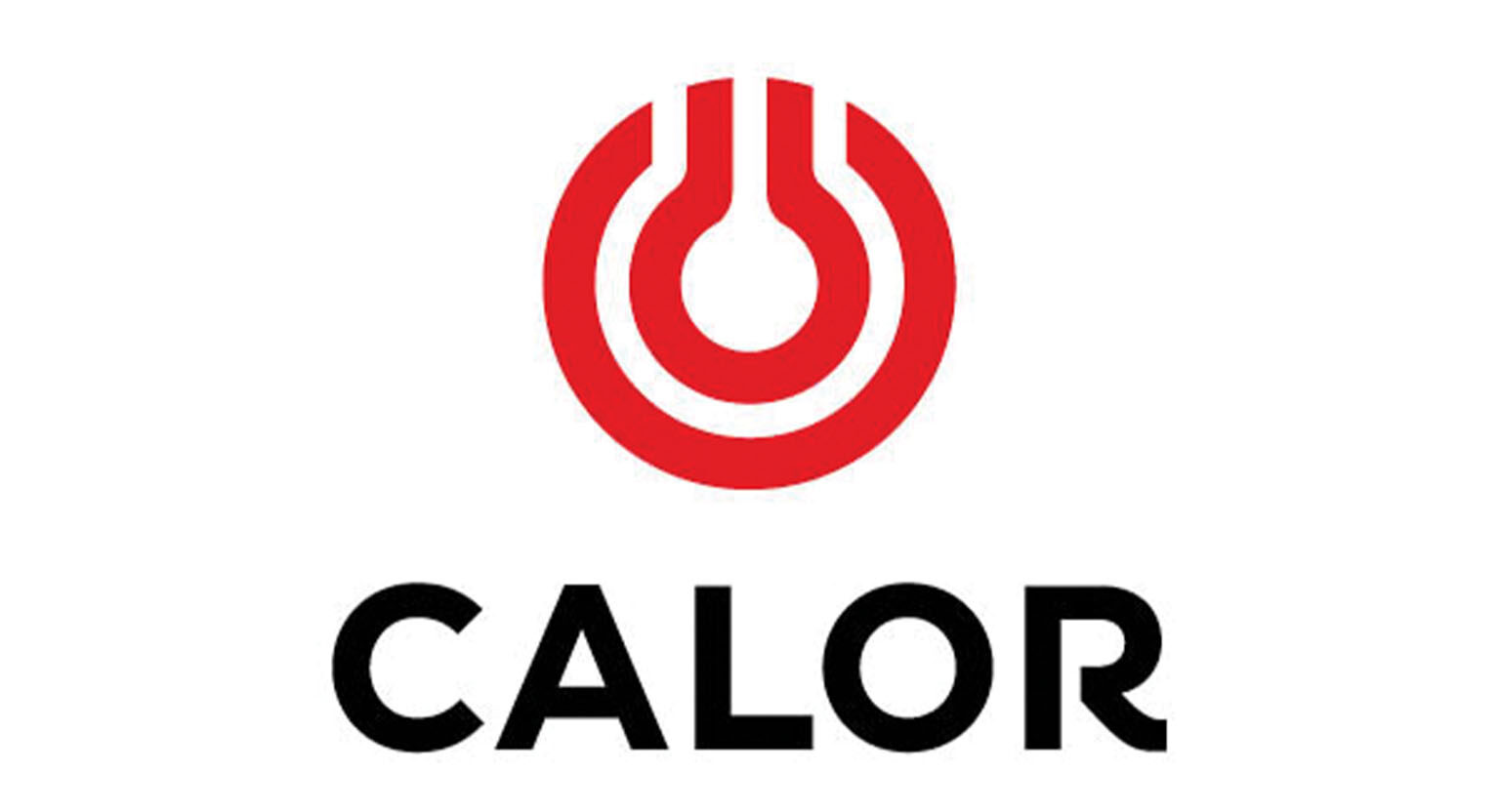The role of gas in bridging the gap: Ireland’s path to net zero

To make sure that everyone can play their part in Ireland’s energy transition, Duncan Osborne, CEO of Calor, explains the critical need for current and future government policy to integrate LPG, BioLPG, and future sustainable options such as rDME into planning in order to support households and businesses to access affordable, mixed technology renewable energy sources.
Ireland has made clear and ambitious commitments to reach net zero by 2050 in the Government’s Climate Action Plan. We stand at a key moment in the journey to meeting our climate targets. To do so, our policy solutions need to reflect the full range of alternative fuels such as LPG and renewable energy fuels such as certified BioLPG, which are actively contributing to heat decarbonisation and providing renewable energy options for households and businesses across the country. Not doing so risks leaving a significant cohort behind on the path to meeting our climate objectives.
Recent data underscores the urgency for a range of solutions: lower than expected uptake of retrofitting, increased oil usage by households, and businesses under pressure to become more sustainable but prohibited by cost.
Research shows that many homes and businesses risk being left behind in the move to renewable heating. A recent report by Liquid Gas Ireland (LGI) analysing census data showed that 46 per cent of all Irish households still rely on high carbon fuels such as oil, peat and coal for heating. Between 2016 and 2022, the number of households using oil increased by 28,173 to 714,177.
We know that Ireland has a large percentage of older housing stock – 65 per cent of all households were built before 2001 – equating to 1.2 million homes in Ireland that are typically less energy efficient and more costly to heat. Transitioning to a renewable energy source is costly – with the average cost of a deep energy retrofit ranging from €25,000 to €70,000 – and simply not accessible to many people.
Many businesses are keen to play their part and transition to lower carbon and renewable energy sources. Research released by Calor earlier this year showed that almost half (46 per cent) of the manufacturing and production businesses surveyed said that they are experiencing ‘a lot of pressure’ to become more sustainable. However, cost and access remain a key barrier here also.
There are solutions. We can optimise our energy options and ensure the availability of a mixed technology approach – with a suite of alternative and renewable energy choices – so that no one is left behind on the journey to a sustainable future. Options such as lower carbon LPG, BioLPG and rDME (renewable dimethyl ether) are key parts of this solution. Calor BioLPG is a proven, renewable energy solution, produced from a blend of sustainably sourced waste materials and renewable vegetable oils which makes it an efficient and cleaner choice for businesses and households.
Continuing innovation has led to the development of future sustainable options such as rDME (renewable dimethyl ether), a low-carbon, sustainable, liquid gas, which is made from a wide range of renewable and recycled carbon feedstock (including waste streams) and has the potential to decarbonise heat. These fuels also offer a significant reduction on NOx, SOx and particulate matter (PMx) emissions compared to other off-grid fuel sources, having a positive impact on air quality.
Ireland has committed to making sure that vulnerable households and communities are not disproportionately burdened by the changes required by climate action. In Calor, we are focused on how we can best play our part in helping to meet the critical challenges of combatting climate change and how we can help make sure that it is a just transition for everyone: one that is equitable, fair and leaves no one behind.
Later this year, Ireland will see its first Renewable Heat Obligation (RHO) come on stream. This will play a crucial role in driving forward our energy sector to a high-renewable, low-carbon system, and improve energy security by diversifying energy streams. It will require fuel suppliers in the heat sector to ensure that a portion of the energy they supply comes from renewable sources. A core part of the new RHO is to help meet EU heat decarbonisation targets, and imported biofuels such as BioLPG – that meet the most stringent criteria as set out under the EU Renewable Energy Directive – will play an essential part in meeting these targets. Ireland has a key role to play in this. We have the potential to be a larger, significant source of indigenous feedstocks for European BioLPG production, building on the recent success of Irish-produced waste returning as BioLPG.
“We need all our renewable energy options on an equal footing to best support consumers, with parity of government support for all renewable fuels.”
Duncan Osborne, CEO, Calor
A multi-optioned approach to renewable energy is needed to help households and businesses to transition to renewable energy sources. In Calor, we stand ready to support communities across Ireland, particularly those that are in rural areas without access to the natural gas grid. BioLPG is integral to this transition as a well-established renewable energy source. For example, the National Oil Reserves Agency (NORA) RTFO Annual Report for 2023 shows that BioLPG had the lowest weighted average GHG emissions (4.7 gCO2e/MJ) of all the biofuels placed onto the Irish transport market in 2023.
We need to see a level playing field for all renewable fuels as potential energy transition solutions, including support for off-grid fuels. Calor welcomed the recent publication of Ireland’s National Biomethane Strategy, and acknowledge the vital, complementary role that BioLPG has to play alongside biomethane and biomass in meeting new biomethane ambitions (5.7TWh by 2030) and helping mostly rural and off-grid businesses and homes to move to renewable energy use and heat decarbonisation. BioLPG has been successfully adopted and used by heating consumers, both domestic and business. Its key benefits are that it is a drop-in solution that requires no equipment changes and can be blended.
It is essential that new obligations such as the RHO does not put undue pressure on rural off-grid consumers that may be at risk of fuel poverty. We need all our renewable energy options on an equal footing to best support consumers, with parity of government support for all renewable fuels.
Energy needs are changing in Ireland and our strategic policy priorities must evolve to deliver the energy solutions that are required.
Calor welcomes the advancement of the work of the Just Transition Commission and its critical remit. It is only by integrating LPG, BioLPG and rDME into current and future government policy, ensuring a mixed technology approach is on offer, and supporting a wider choice of viable options for homes and businesses off the natural gas grid, that we can effectively ensure that delivery on a green transition does not leave anyone behind.

T: 01 450 5000
W: www.calorgas.ie





